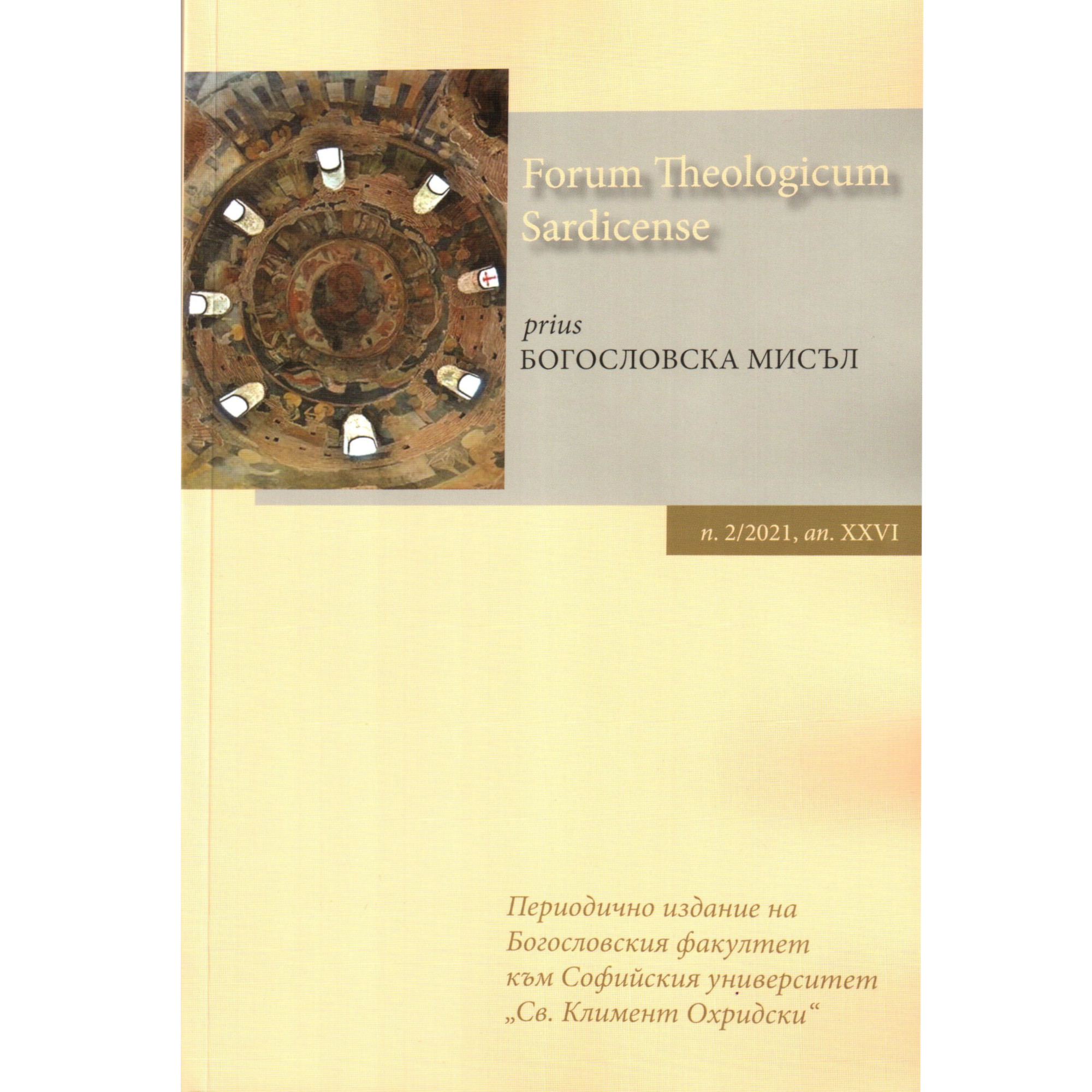Reasons for Convening the Trullo Council (691-692)
DOI:
https://doi.org/10.60061/fths.2021.2.163-172Keywords:
Trullо Council, Fifth-Sixth Council, Emperor Justinian II Canon Law, Church Canon, Church HistoryAbstract
In 691-692, a church event of great importance was convened and held. This council, known historically as the ‘Trullan’ or ‘Quinisext’ Council, took its name from the hall where it was held in the Imperial Palace in Constantinople. It is also referred to as the Fifth-Sixth Ecumenical Council because it was convened to address church canons that had not been established at the Fifth and Sixth Ecumenical Councils due to the tense political situation of the time. The Fifth Ecumenical Council was convened to address the ‘dispute over the three heads’ and aimed to unite Orthodox Christians with the Monophysites, a group that had caused significant internal division in Byzantium after the Fourth Ecumenical Council. This report examines the reasons that led to the convening of the Fifth Ecumenical Council and explores why no church canons were established at that council, despite the Church’s pressing needs. The lack of canons was attributed to the political situation in the empire during the council’s proceedings. The Fifth Ecumenical Council did not achieve the intended unification of Orthodox Christians and Monophysites. Consequently, Patriarch Sergius I of Constantinople (610-638) developed a new doctrine known as monothelitism, which taught that Jesus Christ had two natures but only one will. This doctrine eventually led to the need for the Sixth Ecumenical Council, which was convened amid a tense external historical environment and internal divisions within the empire. Due to these circumstances, no canonical rules were established at the Fifth and Sixth Ecumenical Councils, creating a need for a new council to draft them. This opportunity arose in 691 when Emperor Justinian II convened a council in the same vaulted hall where the Sixth Ecumenical Council had met. The emperor’s aim was to legitimize the Trullan Council as a continuation of the Sixth Ecumenical Council, in a more favorable historical and political context for the empire.
Downloads
Published
Issue
Section
License
Copyright (c) 2021 Svetoslav Tsekov

This work is licensed under a Creative Commons Attribution-NonCommercial 4.0 International License.


